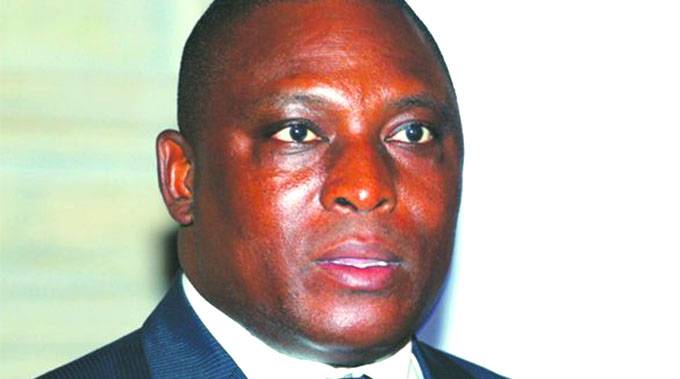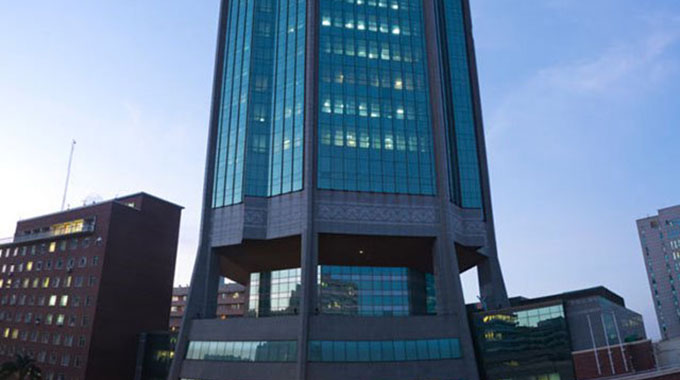‘SI 142 welcome intervention’

Fradreck Gorwe
The decision by the Government through the Ministry of Finance to put an end to the multi-currency system and de-dollarise under Statutory Instrument 142 of 2019, is a “welcome intervention”, FBC Holdings chief executive officer John Mushayavanhu has said.
Speaking at the group’s annual general meeting last week, Mr Mushayavanhu said the move was capable of bringing stability to business through reduction of market liquidity and stabilisation of the equity market.
“The introduction of SI 142 of 2019 is a welcome intervention that we as FBCH fully support and believe will bring stability in the economy . . . Importantly, to buttress the policy pronouncements, the RBZ introduced operational guidelines critical to the restoration of value to the Zimbabwean dollar. The directive by the RBZ that all funds for legacy debts be transferred to the Central Bank will address the settlement of these debts.
“However, it will also result in market liquidity. The Central Bank has also increased an overnight accommodation rate of 50 percent per annum and this will trigger a general increase in interest rates thereby tightening liquidity and preventing speculative practices that were fuelling the parallel market.
“We are hopeful that we will see parallel market rates softening, equities market stabilising, albeit at a lower level, and inflationary pressures reducing,” said Mr Mushayavanhu.
Statutory Instrument 142 of 2019 has also been welcomed by the group as an effective strategy to improve money supply;
“The foreign currency supply side of the interbank market has been supported by the Central Bank through the US$500 million facility.
“Despite the interventions (the liberalised interbank market), the supply side has been challenging and we hope the new changes under SI 142 will improve supply culminating in an increase in general productivity.
“Naturally our banking businesses will benefit from the increased activity in the foreign exchange market,” said the CEO.
Meanwhile, the group’s performance for the five months to May 2019 was strong and “ahead of both budget and prior year performance”. As at June 2019 the Group’s market capitalisation stood at RTGS$406,5 million.
With a strong financial position the group is positioned to pay its outstanding debts going forward and the working capital will suffice for a period of 12 months.
Going forward, with the banking unit having fully complied with the regulatory 2020 minimum capital threshold of RTGS$100 million as set by the Reserve Bank of Zimbabwe, the group is positioned to assist business units raise any necessary capital requirements to meet their targets in the future.
The company seeks to extend the reinsurance business by establishing an operation in Mauritius, which move currently awaits licensing by relevant authorities.
“The establishment of an offshore business is meant to diversify earnings for the reinsurance portfolio,” said Mushayavanhu.
FBC Holdings seeks among other future growth strategies, to reinforce the banking business with information technology, digital transformation and innovation;
“The bank will be upgrading its core banking system in the course of the year which should see the revamping of channels such as Internet banking as well as bringing about an Omni-channel experience,” said
The performance as achieved notwithstanding a tense macro-economic environment characterised by rising inflation, weakening local currency, acute foreign currency shortages and continual changes that impacted negatively on business planning.









Comments